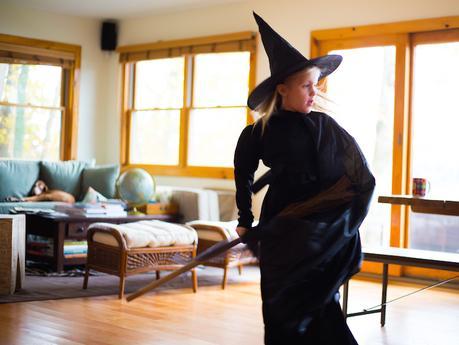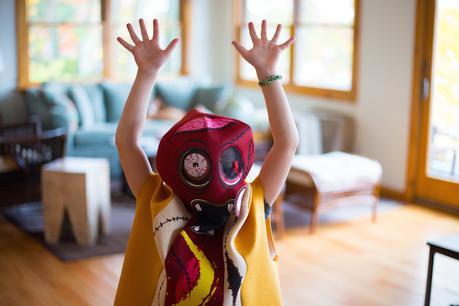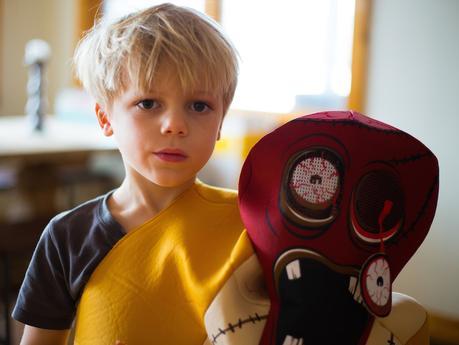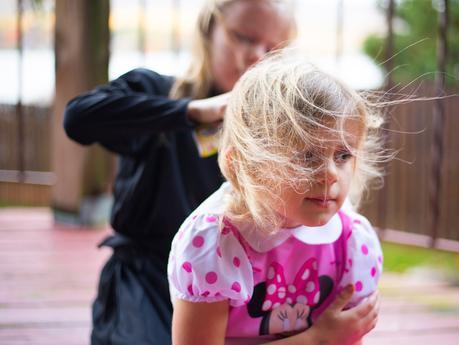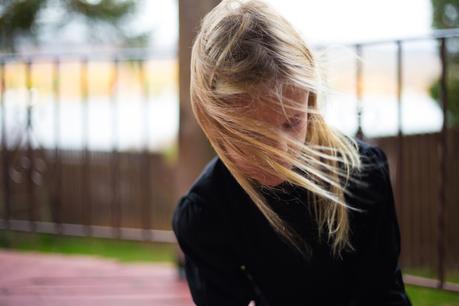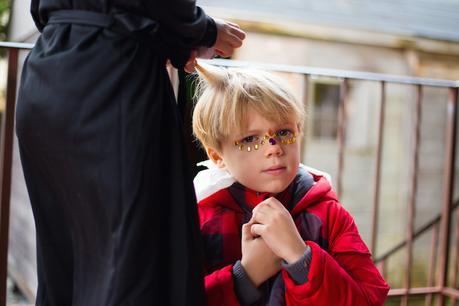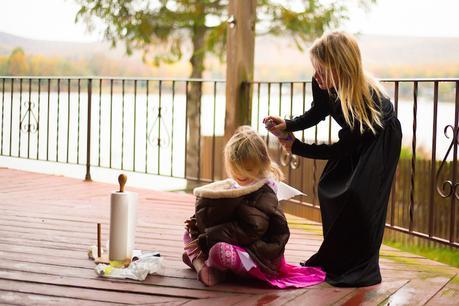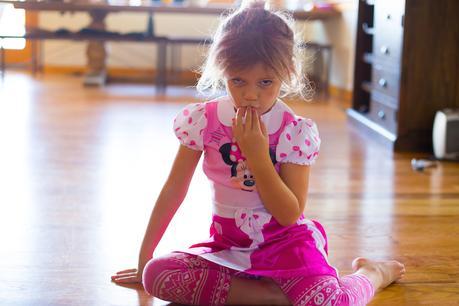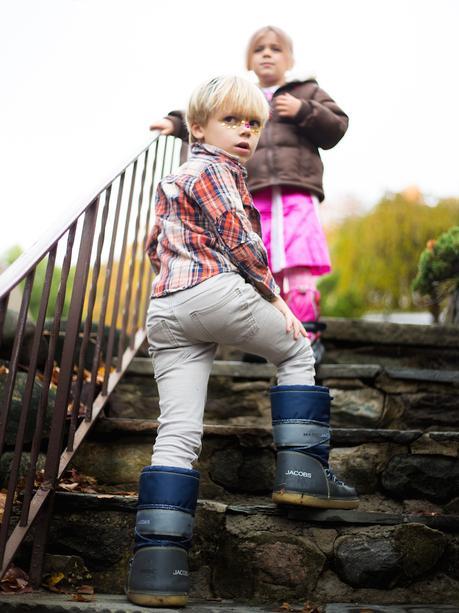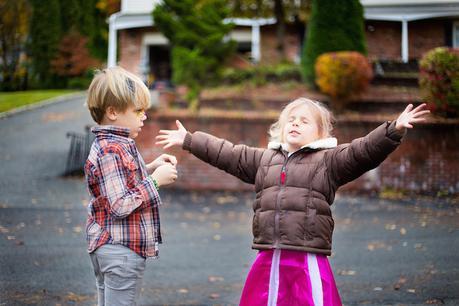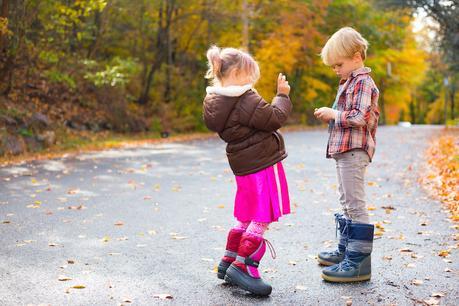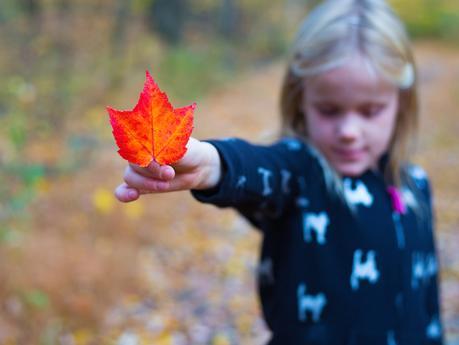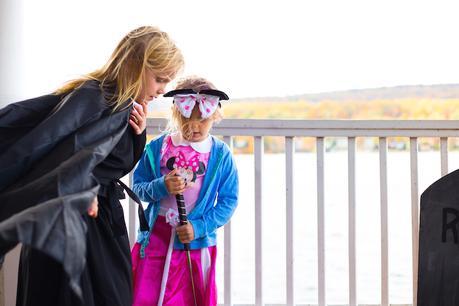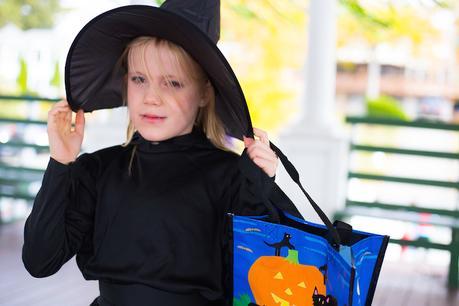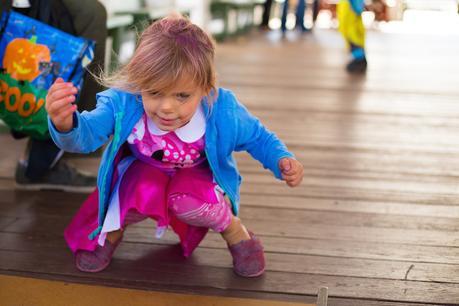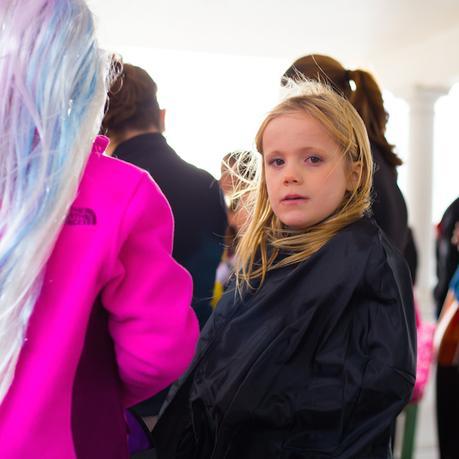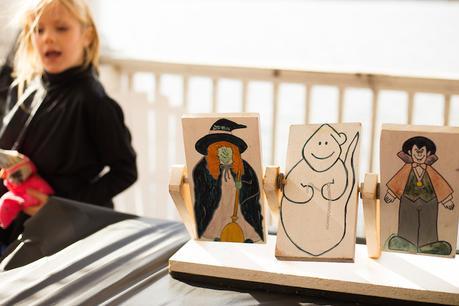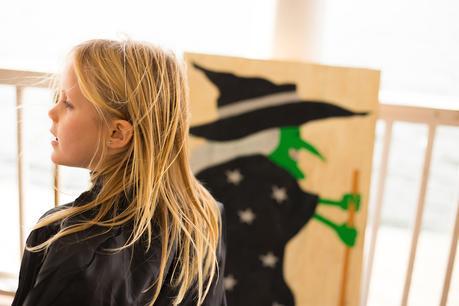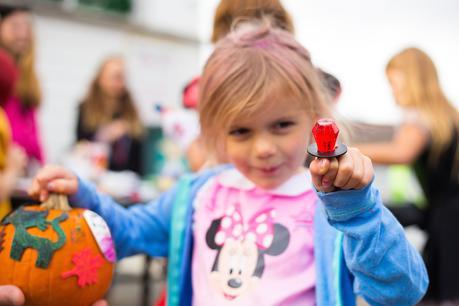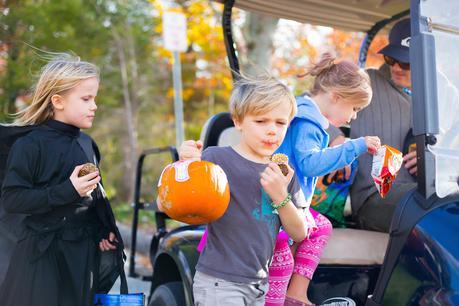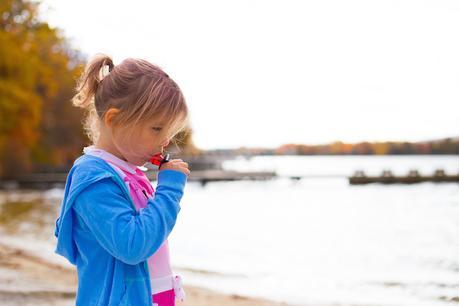
A neighbor was recently diagnosed with breast cancer.
This news always comes as a shock. Certainly for me, but more for her. She'll be nudged into a world where the landscape stays the same but everything looks, feels, and even tastes different. I know of the nights when she'll lie awake in bed, comforted by her husband's presence but feeling so very alone. I know of the pale yellow waiting rooms where she'll pick up a copy of "Prevention" magazine, quickly lose interest, and stare at the wall, wondering what will become of her life.
I know that for every step forward there are two steps back. Cancer is thorny like that, it can morph and change, resist treatment, slip through the safety nets that you've so diligently put in place.
It's like fighting an army where every soldier is armed with a different weapon. You fight back with whatever tools you have at your disposal, never knowing when your tool belt will be empty.
The age-old battle analogy...but does it really capture the experience? Catherine Poole, who runs the Melanoma International Foundation, talks about "fighting" words in a recent blog post. She refers to the unnecessary pressure that it puts on the patient. Do you lose the battle if you haven't fought hard enough?
There is evidence that suggests that rather than adopting a "fighting spirit", patients should cultivate a "will to live". It keeps your body off the defensive and focuses your energy on the positive outcome - life itself - not the negative distractions: the enemies, mutations, and malignancies that are as much a part of your body as your own hands.
Reflecting on my 15-year cancer experience, it's been deeply internal, more mental than physical. While you endure physical pain as part of the healing process, you'd be surprised by how comfortable you become with the endless battery of hospital gowns, IV drips, fevers and barium milkshakes.
But mentally - that's where cancer really thrives. It stretches its legs and buries itself in the sanctuary of your delicate mind, teasing you with one new challenge after the next. It delights in your uncertainty and sits back to watch you squirm. Sometimes you're tearful, morose even, but often you're enthusiastic, filled with energy and hope, pen and paper in hand.
You try to hold on to these good moments; in fact you feel guilty for thinking otherwise. The guilt is enhanced by the emails and texts that reassure that "you'll be fine! I know it!"
Which should empower you further, but the truth is, these encouragements feel permeable, like the softest, most buoyant cloud which lets the sun shine through but doesn't make each day, and each decision, any easier.
I've yet to meet anyone who can, with any accuracy, predict the future. So while it's nice for friends and family to say that in their heart of hearts things will be fine, the comfort in that phrase is often more for their benefit than it is for you.
As the patient, you know the statistics, you can recite them backwards. You're both dreamer and realist; hopeful for long-term remission, but cognizant that your future is anything but certain.
This "will to live" though, is powerful. You can choose to fall prey to the numbers and live in fear. Or, you can choose to ignore them and live your life one day at a time, squeezing as many droplets of happiness as you can from each stone.
And there are many droplets.
When you're diagnosed with cancer, people open their hearts to you. You become comfortable exchanging the words "I love you", not only with your extended family, but also with your friends. You become vulnerable. You let friends see you at your lowest; they accompany you to your hospital treatments where you talk with the nurses about antidepressants, steroid response and the consistency of your bowel movements.
It's raw and confusing and sometimes shameful, but to let your guard down is the essence of connection. Here's me in all of my naked glory, take it or leave it. I have yet to see anyone walk away, and I would do the same in return.
You'll find strength in unlikely places. Names resurface from your high school days, people you haven't seen for 20 years or more. They send you "Chicken Soup for the Cancer Survivor's Soul" and admit that they "don't know the first thing about cooking but thought this Oregon sea salt might cheer you up." They support you from the sidelines, they tell you "I've got you girl - whatever you need. I'm here for you."
You'll discover friendships online with friends of friends, sisters of friends, people whose faces you've never seen, voices you've never heard, but with whom you share a common bond: this titanium thread called cancer.
Since I don't like the fighting analogy, here's another one, sent by a friend who is on her own difficult journey with cancer:
"Think of it as going to the North Pole. You have no choice, you're going. So get the dogs and dogsled ready, start training, start learning, ask questions, get your gear together, get the right food and water, get a good map.
You will get frostbite, you will feel terribly lonely, you will taste despair, you will never have anyone with whom to compare notes since no two crossings are alike.
But you will learn to love the moments when the snow is smooth under the sled. You will see Aurora Borealis. You will befriend the sled dogs. You will have an experience that will make you richer in ways that you cannot imagine now."
I won't tell my neighbor that she'll be fine because I simply don't know. But I will cheer her from the sidelines, I'll tell her that I'm here for her, whenever she needs me. And I'll tell her to keep her mind open to the profound sense of understanding that accompanies these life-changing events. To keep her eyes peeled for the sled dogs, they're just around the corner along with the lights and the sense of wonder that she never knew existed.
Hope you had a wonderful holiday weekend. A few pictures from ours....
